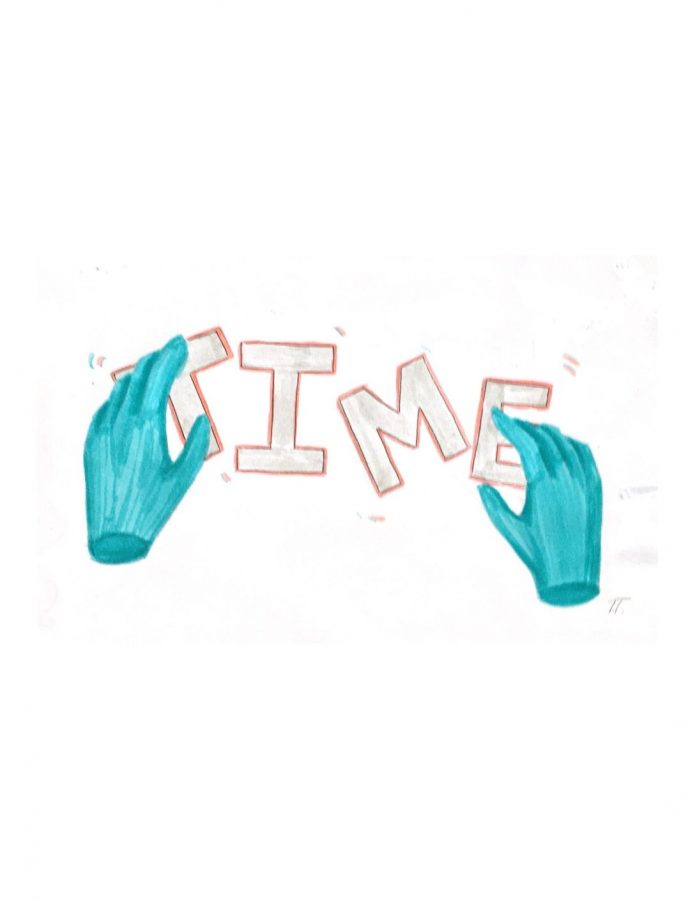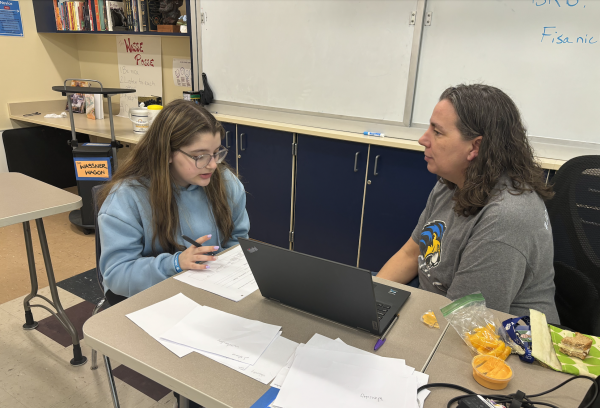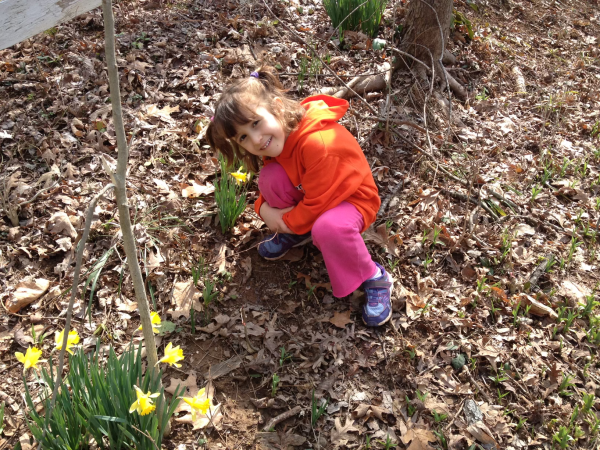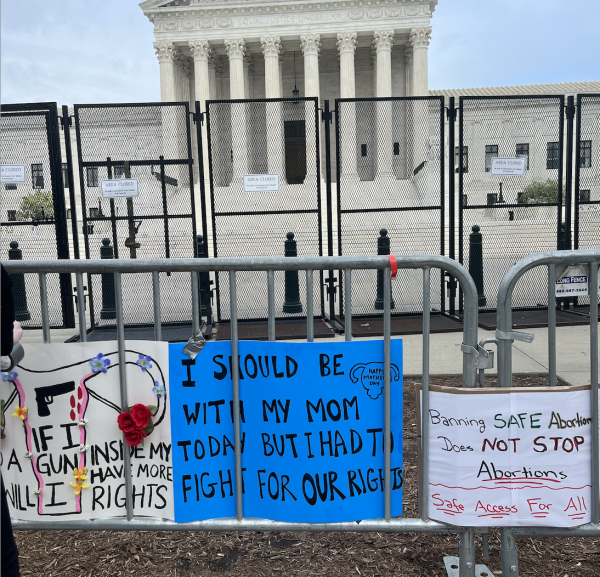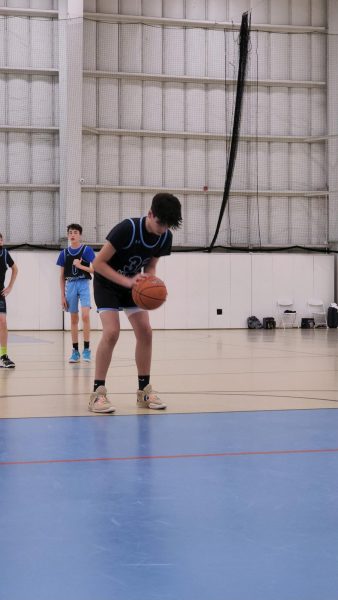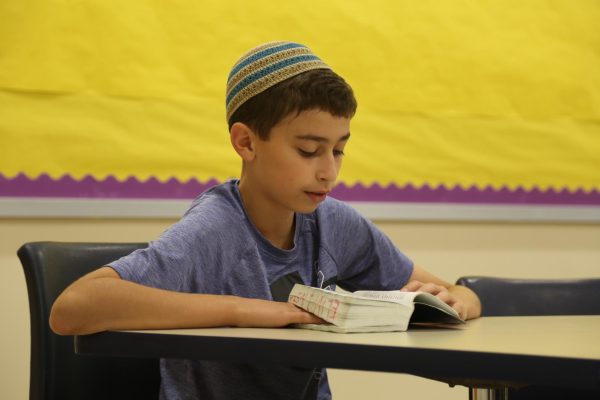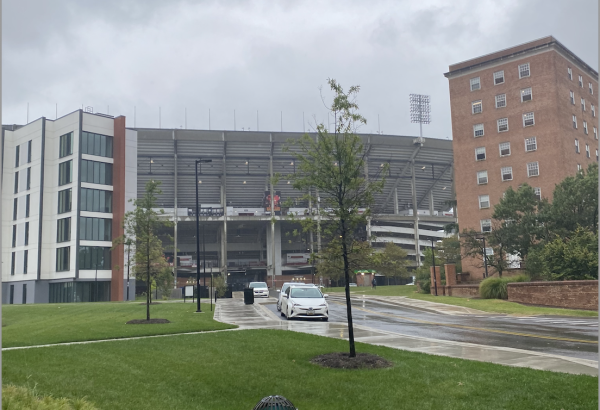Opinion: What I learned from quarantine
October 19, 2021
As soon as my alarm went off, I knew I had forgotten to turn in my math homework. I bolted to my computer and rushed to upload the assignment before I was fully awake. With minutes to go before the beginning of class, I clicked submit and fell into my seat. I may have avoided catastrophe this time, but I knew the worry and stress caused by instances like these were unhealthy for me in the long term.
This was the third or fourth week of online school, and like so many other students, I had reached a pivotal turning point. Pandemic life had stopped feeling like a fun vacation and more like a tedious and repetitive burden. My school routine had simply become too monotonous for it to still feel relaxing compared to my previous hectic school days.
While I have never been the type of student to use a calendar or study planner, the pandemic forced me to give it a try. I synced google calendar on my computer and phone and put in weekly activities and school assignments. Now, I check my daily schedule whenever I need to in the span of a few seconds.
At first, I didn’t feel any improvement or decrease in stress. It wasn’t as if I could suddenly erase the mental information that was now neatly stored on a calendar or my tendency to second-guess myself. But gradually, I noticed a change occurring. Whereas before I would constantly worry and double-check if I had missed a commitment or assignment, now I had enough faith in myself to leave yesterday in the past, and to focus only on the future.
While using a calendar finally put a stop to my forgetfulness and second-guessing, studying at the same desk I spent the day Zooming at was pure torture. I didn’t realize how important changing our environment is until the pandemic, but after three weeks in, this had become a clear reality. So in order to make-do, I started doing homework outside, in our kitchen or anywhere around the house. As restrictions began to ease up, working at a local Panera or Starbucks was an even better option.
With this change in scenery, I was able to unconsciously separate Zoom classes from homework, which made my routine feel a little more normal. Some aspects of pandemic life were unavoidable: we had to stop social gatherings, travel, and in-person school. But being faced with this daunting reality of monotony and repetitiveness forced us to realize how important certain parts of our life are.
While I learned how important my family and friends are to me and experienced some pivotal personal realizations caused by the pandemic, quarantining also drew my focus to the little things: improving time management skills, paying attention to my work environment, and making the best use of my mental energy.
As we begin post-pandemic life, small adjustments students have made can become deceptively useful. Relying on calendars and planners can free up valuable mental energy and save time. Making a daily habit out of exercise or reading can reduce stress in the inevitable hectic weeks to come. Even the experience of agonizing burnout can fuel renewed vitality and gratitude for our daily routines. With all of Covid-19’s trials and tribulations, it may seem difficult to find a positive outlook on 2020. But our adjustments and perseverance prove that there was an upside to this pandemic: an opportunity to grow.


